PROTECT YOUR DNA WITH QUANTUM TECHNOLOGY
Orgo-Life the new way to the future Advertising by AdpathwayThe tension between Chase DeMoor and Andrew Tate has reached fever pitch as the December 20 showdown in Dubai approaches, with the Misfits heavyweight champion laying bare what he describes as the stacked terms Tate has demanded in their contract. DeMoor, the current title holder who won his belt by defeating Kelz last November at Misfits 19 in Qatar, isn’t holding back about the weight restrictions, round reductions, and home-field advantages his opponent has secured.
Andrew Tate’s Fight Contract Raises Questions
The weight clause sits at the center of DeMoor’s complaints. Despite the bout being billed as a heavyweight contest, both fighters must weigh in under 200 pounds, essentially transforming it into a cruiserweight fight. For DeMoor, who walks around at 220 pounds and stands 6’5″, the demand represents a significant sacrifice.
Speaking in an interview with Mike Perry, he explained: “He’s making you cut to a certain weight. You wanted 10 rounds, I think, right? And he made it six,” DeMoor explained during an appearance on the Overdogs podcast. The rehydration clause compounds this advantage, allowing fighters to rehydrate between weigh-in and fight night, a practice that typically favors the shorter, more compact fighter – in this case, Tate.
What makes the contractual situation particularly galling to DeMoor is the cumulative effect of Tate’s demands. Beyond the weight restrictions and round reductions sit the logistical control: Tate chose the arena, selected the judges, picked the referee, and even tried to dictate which gloves DeMoor could wear, forcing the champion into house-supplied equipment.
“If he was so confident he was going to beat me, then why do we have a weight clause in a heavyweight bout? Why are we fighting under 200 pounds? Why is there a rehydration clause? Why is it his arena, his judges, his referee? Why did he try to deny my gloves? I have to fight in house clothes,” DeMoor questioned.
For context, Tate, is a former kickboxer with a questionable record, skeptics have long pointed out. His most recent victories came against relatively modest competition, which undercuts some of his claims about elite-level dominance. Most notably, Tate competed under “Full Contact” kickboxing rules, which are not standard rules used by K-1, GLORY, or others. It is a hardly used ruleset.
DeMoor’s frustration stems partly from accepting virtually every condition Tate proposed. According to his own account, DeMoor agreed to everything when the fight was first offered in July, waiving negotiation in exchange for the opportunity to prove himself against a recognizable name.
“The truth is they offered me this fight in July. I said, ‘Whatever he wants, give him whatever he wants. Just put him in the ring.’ He wants the weight cut, fine. He wants the rounds, fine. He wants the gloves, the rings, the judges, fine, fine, fine. I had zero negotiation skills in this,” DeMoor acknowledged. His reasoning was straightforward: he wanted to establish himself as the fighter who could handle anyone, regardless of circumstances.
But DeMoor’s willingness to accommodate Tate’s demands shouldn’t be confused with acceptance of his opponent’s level. The champion has repeatedly emphasized that his résumé dwarfs Tate’s in meaningful competition. DeMoor highlighted a particular strategic weakness: Tate’s reliance on distance and space to utilize his kickboxing arsenal. I
In boxing, clinching and aggressive pressure differ fundamentally from kickboxing; this dependency becomes exploitable. “Every fight I have, I’m always been the underdog. And people think I’m going to lose. And then I’ve gone out there and I’ve knocked them out in the first three rounds,” DeMoor stated, pointing to his track record of finishing opponents despite supposedly facing superior skill sets.
The contractual terms raise questions about Tate’s confidence in his boxing abilities, particularly given his complete lack of professional boxing experience. DeMoor, having completed 40 rounds of intense sparring just weeks before the fight, he’s operating at 215 pounds with roughly six weeks remaining before weigh-ins. His physical condition and athletic advantage, being 28 years old to Tate’s 38, provide tangible benefits regardless of the weight restriction.
Andrew Tate’s Ongoing Legal Issues
Beyond the contractual oddities lies a far more serious concern hanging over Tate’s boxing debut. In May 2025, UK prosecutors authorized 21 criminal charges against the controversial influencer, stemming from allegations of human trafficking and organized crime.
The charges represent a significant escalation in legal troubles that began with his arrest in Romania in December 2022 on suspicion of human trafficking and money laundering. While Tate has maintained his innocence, the pending charges create an unusual backdrop for a high-profile sporting event. The legal proceedings have cast a long shadow over his attempted comeback, with critics questioning whether someone facing such serious allegations should be positioned as a company executive at a major boxing promotion.
DeMoor’s willingness to accept Tate‘s terms reveals confidence in his preparation and athletic capability. While the contractual structure clearly favors Tate, the champion has consistently maintained that none of it matters come fight night.


 8 hours ago
1
8 hours ago
1
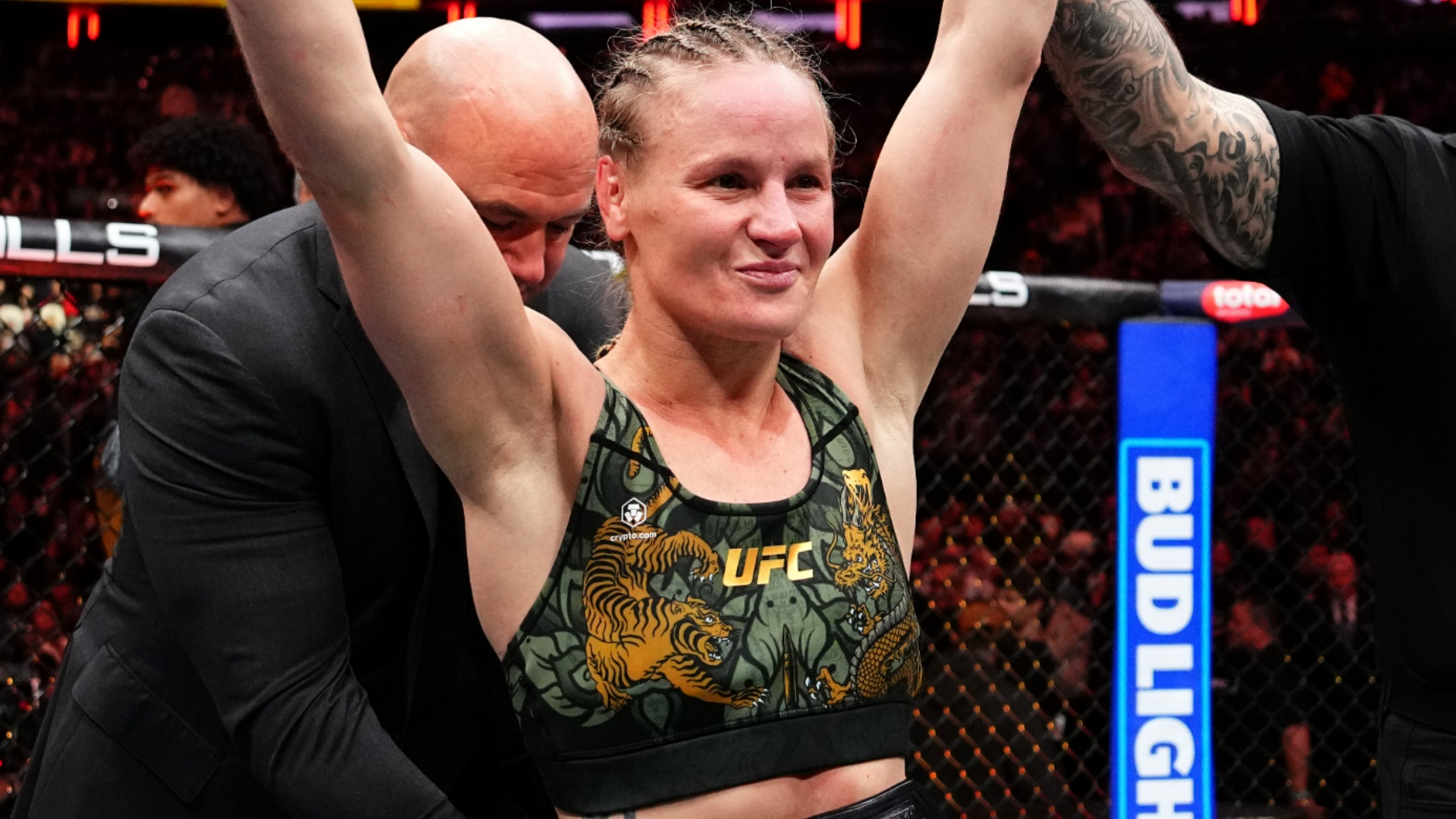
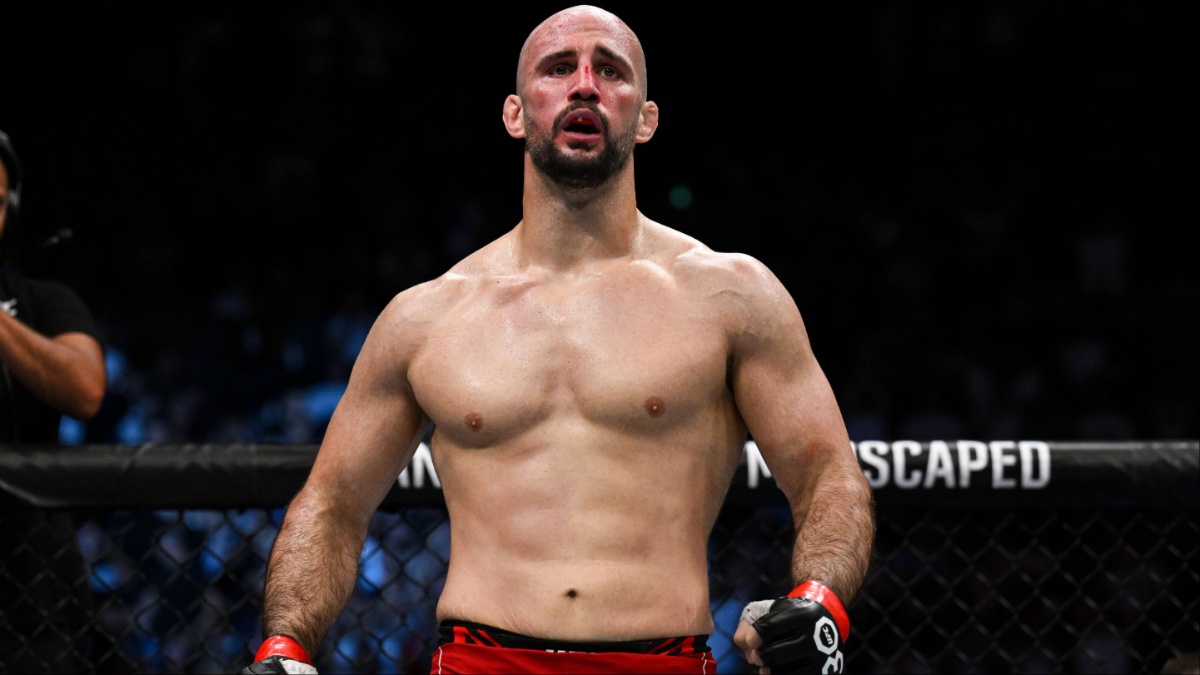
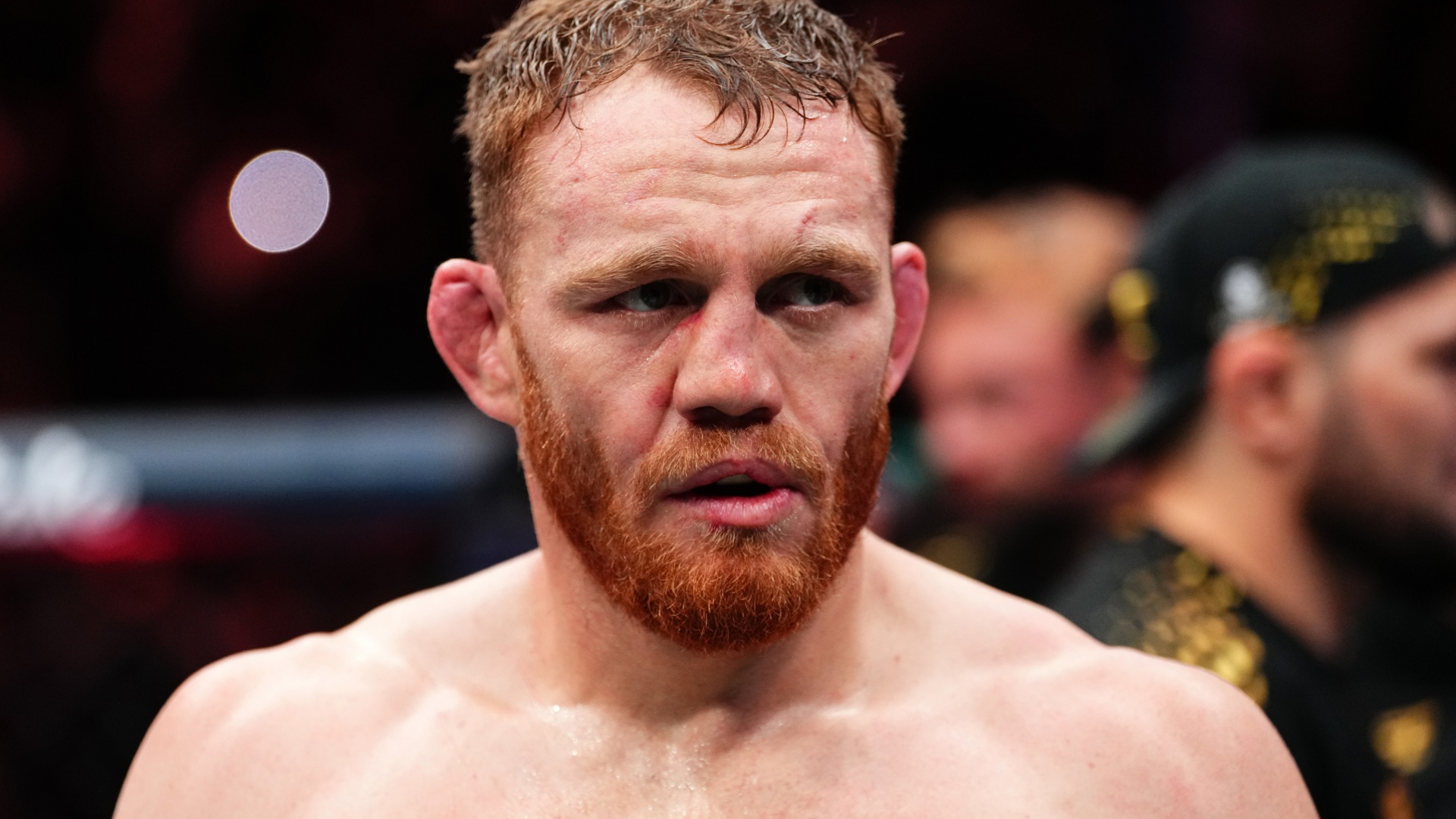
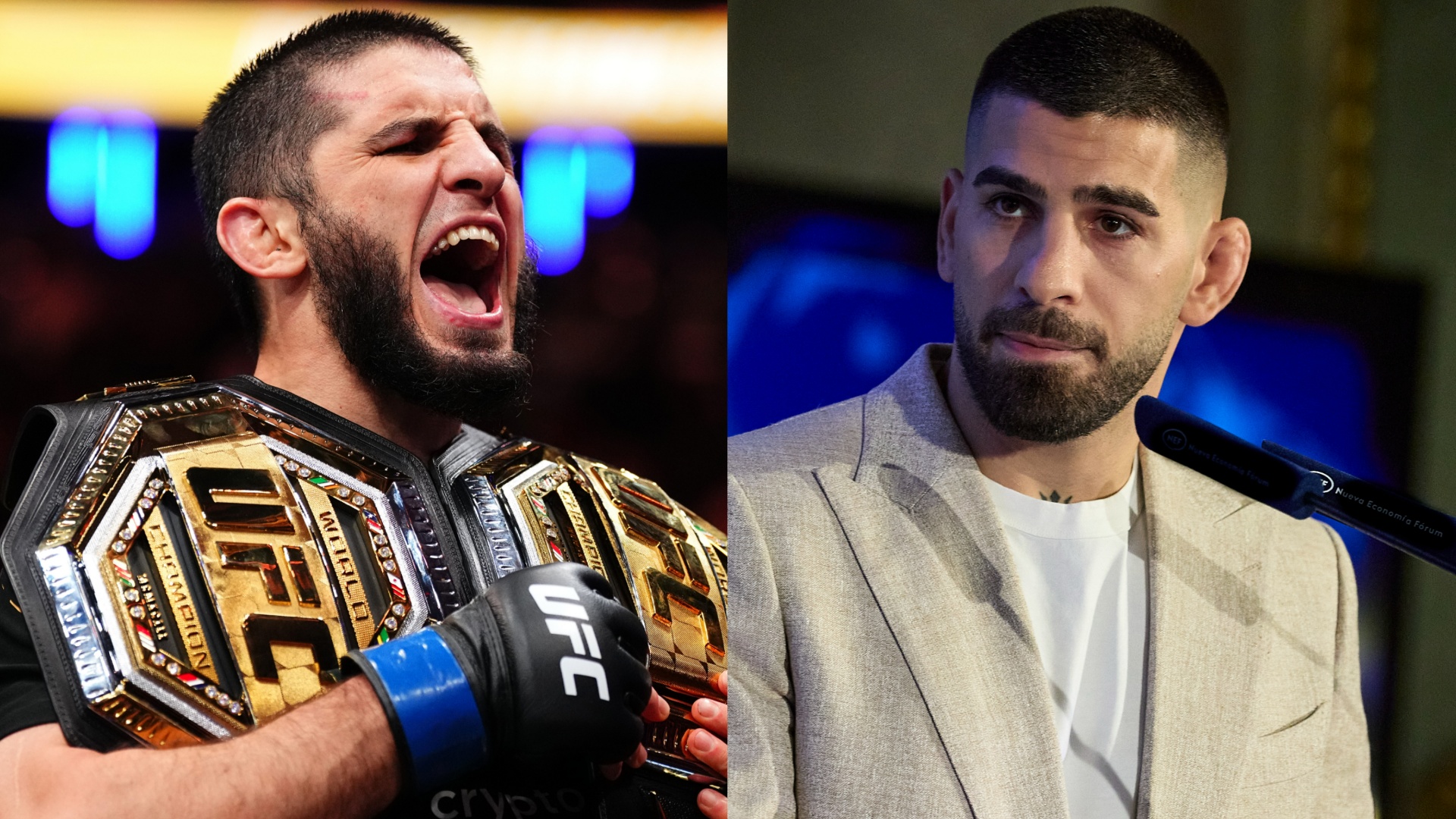
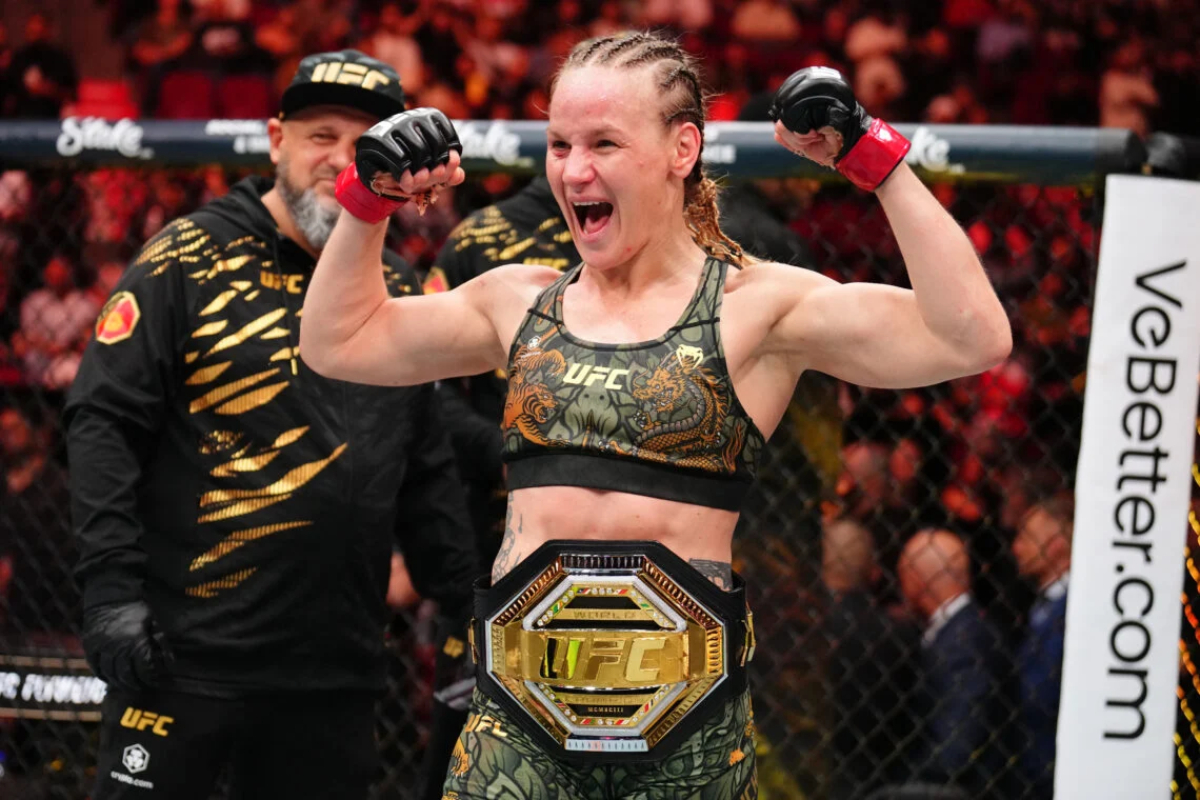
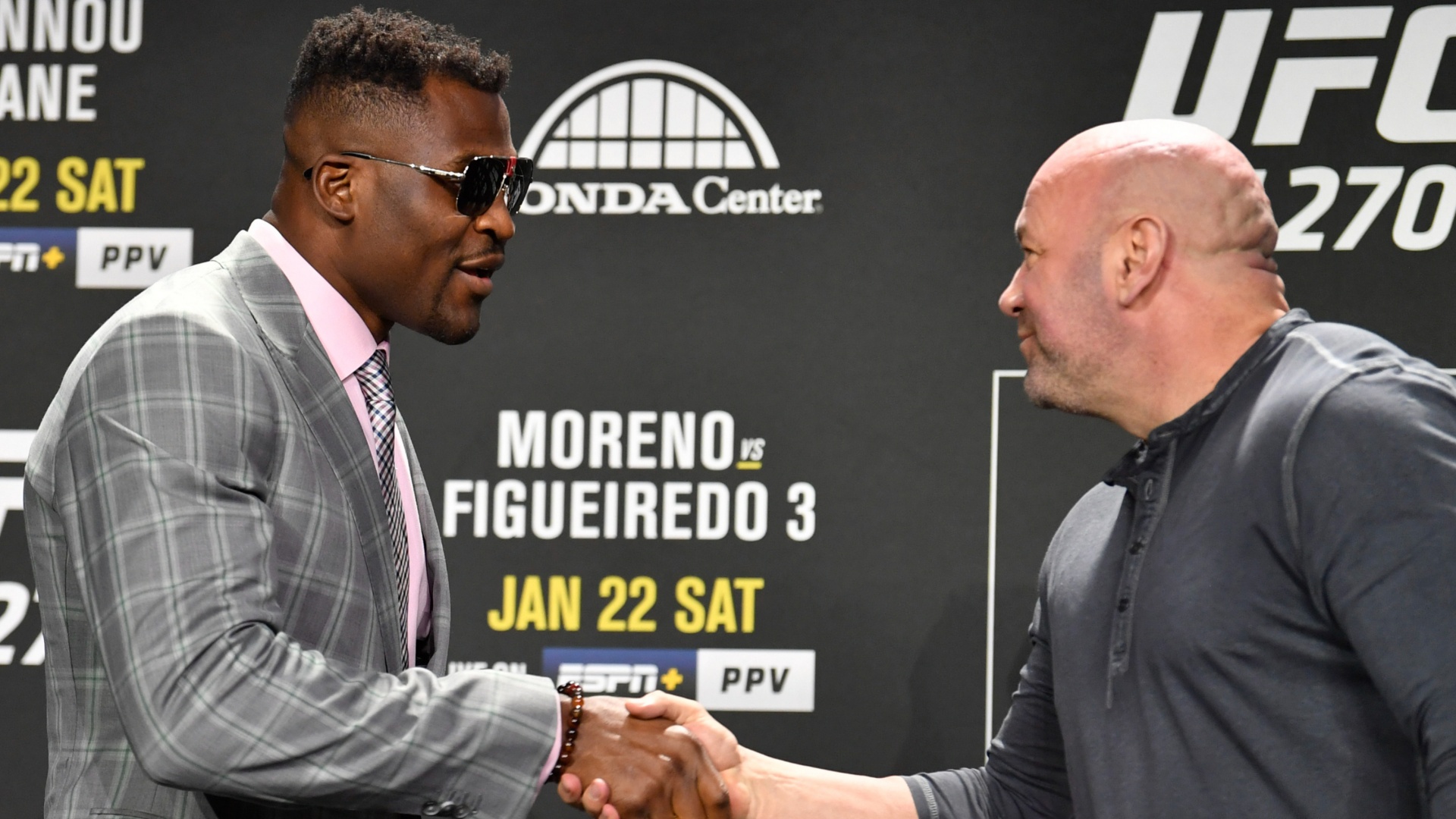
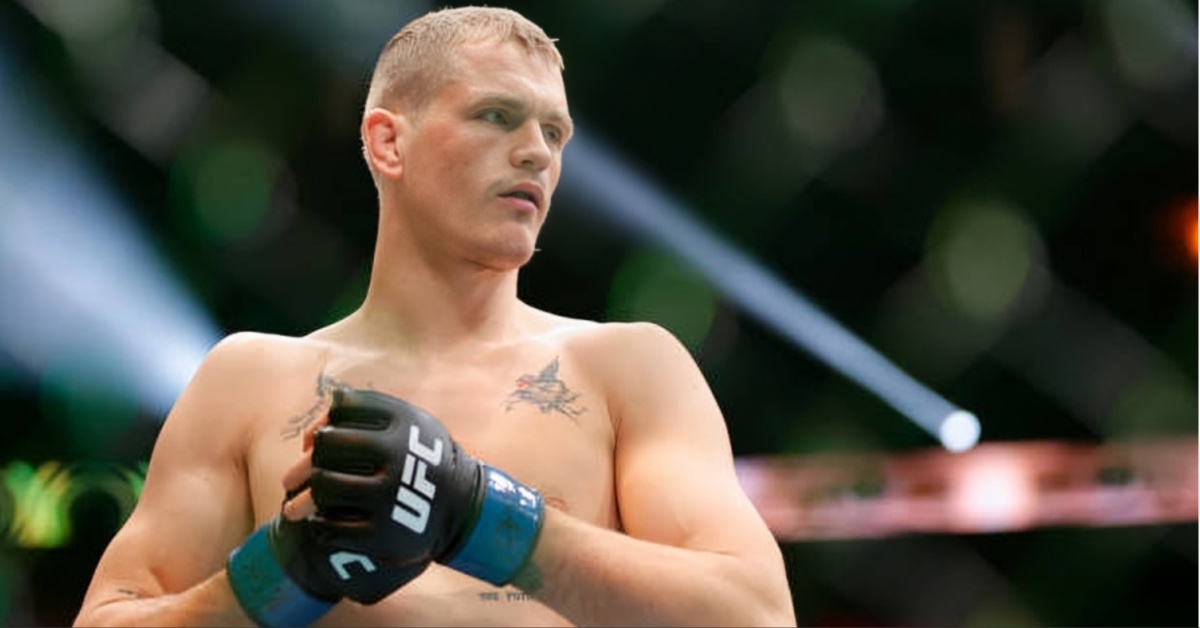




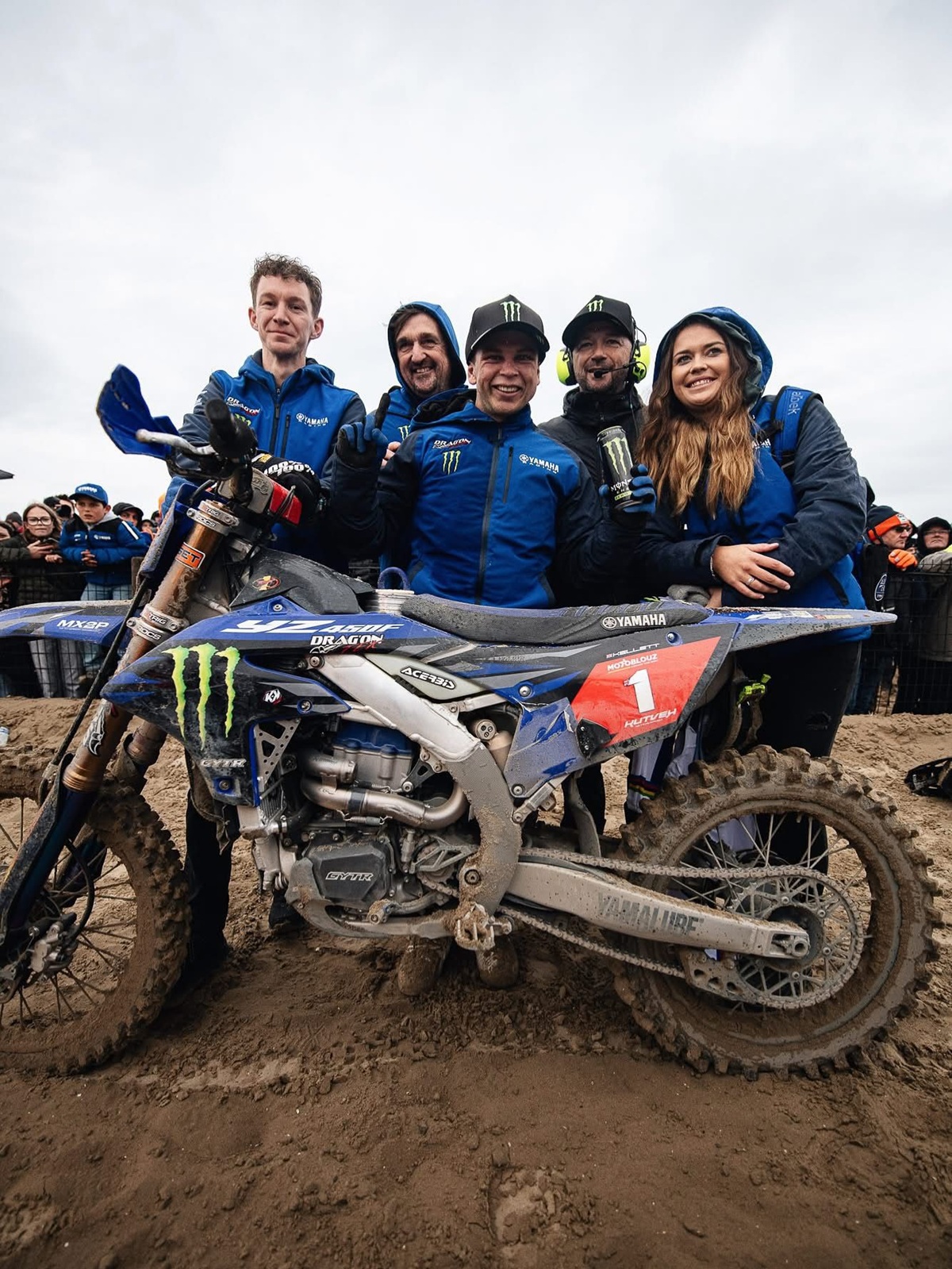
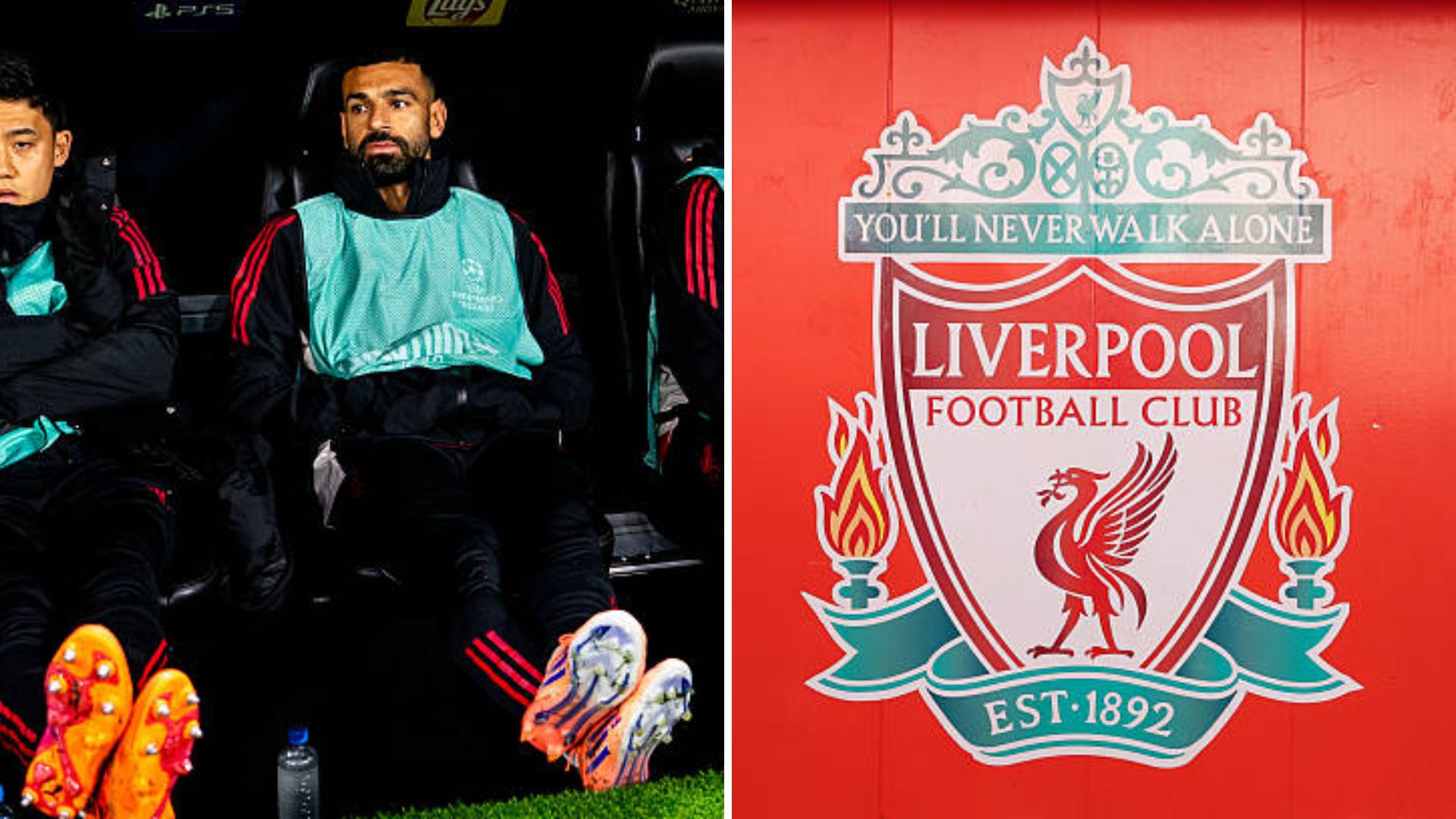
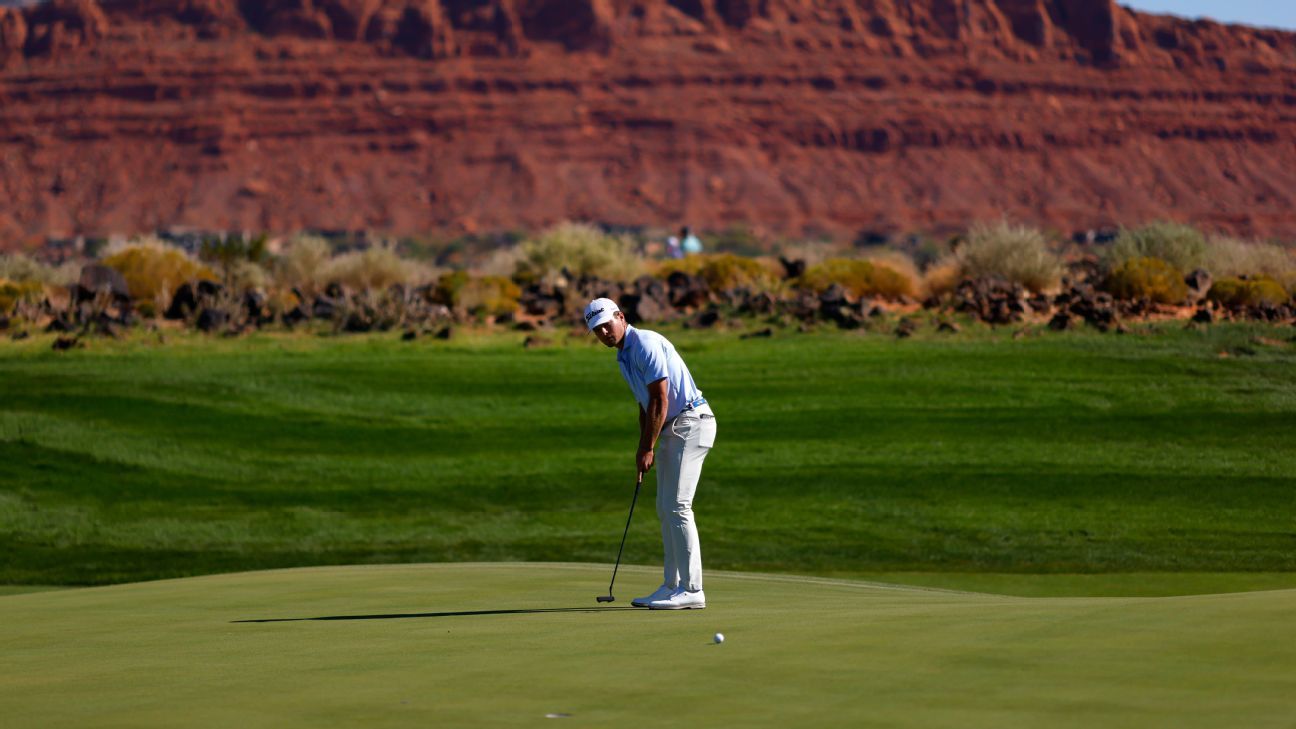

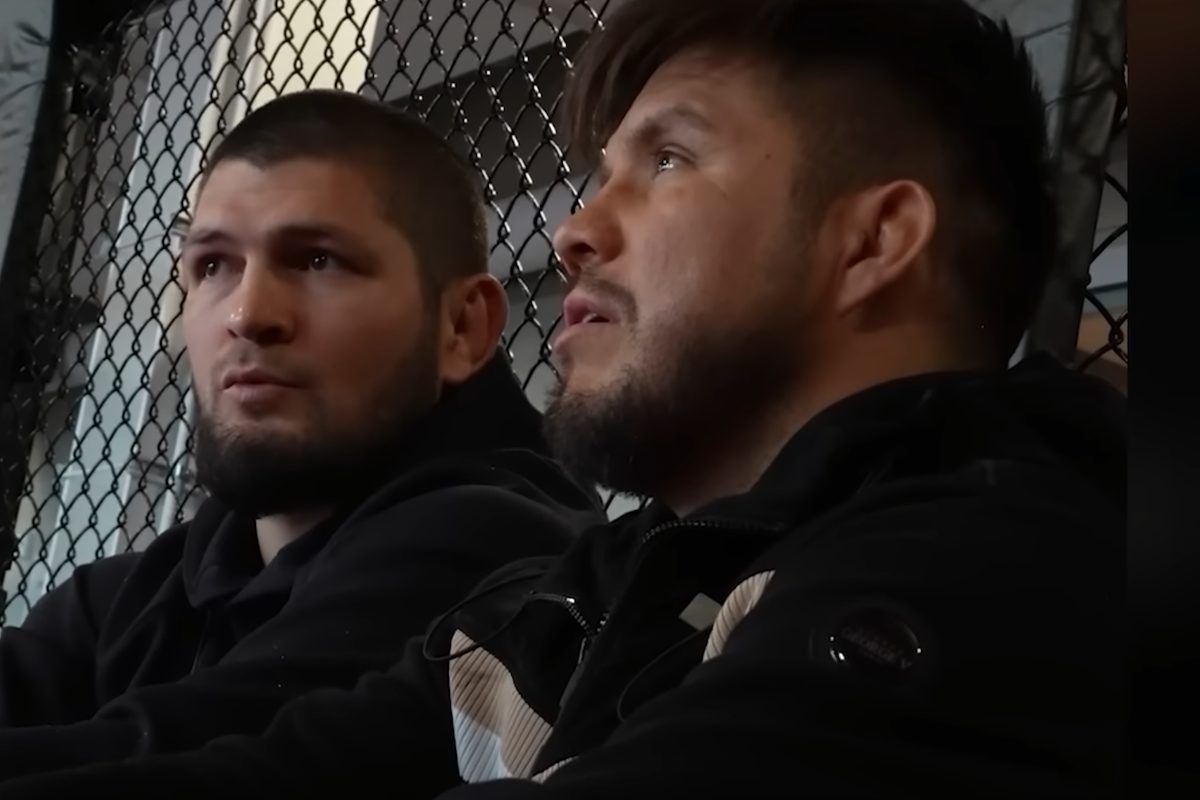

 English (US) ·
English (US) ·  French (CA) ·
French (CA) ·